with Nutritionist Danielle Minnebo
We all know sugar isn’t healthy for us and we all know we can all eat less of it. Sugary foods trigger the pleasure, reward and emotional centers of our brains, offering a very stimulating effect and making it very easy to over consume. Let’s briefly take a look at some of the detrimental effects of sugar on our health:
The effects of sugar on our health:
- Empty calories: Sugar is often referred to as empty calories because it provides us with very high glycemic carbohydrates but absolutely no nutrition. It doesn’t provide us with any minerals, vitamins, anti-oxidants, protein or fats. We can get carbohydrates from much healthier sources than sugar, sources that will provide us with an array of nutrients and energy.
- Unhealthy hormonal response: Sugar triggers an unnaturally large surge of insulin shortly after consumption. We need insulin, insulin signals to our cells to uptake glucose and other nutrients. But we don’t need large dramatic rises in insulin, this increases our appetite, causes weight gain and increases our risk of Type II Diabetes.
- Immune function: Sugar suppresses our immune function by reducing the responsiveness of neutrophils (important white blood cells that help fight infection).
- Gut Function: Sugar interferes with the healthy environment of bacteria in our guts by altering the delicate balance of good and bad bacteria. Bad bacteria thrive on processed sugars, which can reduce the number of good bacteria. This imbalance can cause gas, bloating, diarrhea, constipation and cramps.
- Inflammation: Processed sugars cause a dramatic rise in insulin which triggers the release of inflammatory cytokines.
- Heart health: Processed sugar increases triglyceride levels in the blood. Elevated levels of blood triglycerides increase our risk of cardiovascular disease.
Avoiding sugar:
Trying to avoid consuming processed sugars can sometimes be a little harder than what we realize. It is easy enough to avoid the obvious culprits, such as cakes, biscuits, ice cream, lollies, chocolate and soft drinks. But there are a lot of other products that contain an incredibly high amount of processed sugar that some people are not aware of, for example:
- Low fat yoghurts
- Muesli Bars
- Breakfast Cereals
- Tomato Sauce, BBQ Sauce and other sauces
- White bread
Lastly, I think it’s important that you are all aware of the many different names sugar has these days. Unfortunately it is not as simple as reading a label and avoiding any products with cane sugar in the ingredient list. Below is a long list of all the different names sugar can fall under:
- Brown sugar
- Cane sugar
- Raw sugar
- Beet sugar
- Confectioner’s sugar
- High fructose corn syrup
- Malt syrup
- Dextrose
- Disaccharide
- Fructose
- Glucose
- Galactose
- Lactose
- Maltodextrin
- Maltose
- Monosaccharide
- Polysaccharide
- Ribose
- Saccharose
- Sucrose
- And artificial (non-nutritive) sweeteners:
- Aspartame
- Acesulfame-K/Potassium
- Equal
- Nutra-Sweet
- Saccharin
- Splenda
- Sucralose
- SweetLeaf
- Truvia
What are some healthy alternatives to processed sugar?
There are many healthy alternatives to using white table sugar. Many of these alternatives are richer in nutrients and don’t have the same significant impact on our blood sugar levels, so make them ideal for diabetics or people trying to loose weight.
HONEY and MAPLE SYRUP
Honey and maple syrup would have to be my favorite sweeteners to use in place of sugar. This is because they are the most natural unadulterated sweeteners. They add a beautiful flavor to dishes and offer a range of health benefits. Raw honey contains some strong anti-bacterial properties and maple syrup is a rich source of manganese and zinc.
COCONUT PALM SUGAR
Coconut sugar is very similar to the palm sugar used in Thai cooking. Rather than being sourced from the palm tree it’s sourced from the coconut tree, the nectar is collected from the coconut flower and dehydrated into a granulated sugar. It is also incredibly rich in nutrients, such as B Vitamins, magnesium, potassium and amino acids. The flavor of coconut palm sugar is very similar to brown sugar so it’s ideal to use in coffee, tea and baking.
Where do you buy these sweeteners?
Obviously you will be able to buy honey in the supermarket and at farmers markets. Look out for raw honey that hasn’t been heat treated, this way the beneficial anti-bacterial properties of honey are still intact. You will find coconut palm sugar in your local health food store.
Note: All of the sweeteners we have spoken about are great alternatives to using sugar, however it is still best to use these sweeteners moderately. Just because these sweeteners are better for us and more nutrient dense does not mean you can justify eating them in foods every single day.
Why I don’t recommend stevia and xylitol as sweeteners
Stevia and xylitol are sold as being the natural sugar free sweeteners sourced from plants. Stevia is up to 200 times sweeter than sugar and xylitol is about twice as sweet as sugar, and neither of them have any impact on our blood sugar levels. A lot of people mistake this for being a beneficial thing and consume stevia and xylitol regularly. But what happens when we taste something sweet and there is no release of glucose into the blood stream? Our body still responds by releasing insulin, even though there is no glucose being released into the blood. The cells will take up what little glucose is already in the blood, which causes your blood sugar levels to lower too much, causing hypo-glycaemia.
In response to this our body quickly releases adrenalin (stress hormone), cortisol (stress hormone) and glucagon, to mobilize glucose from other sources, such as the liver, to help restore blood glucose levels. Not only does this cause blood sugar dis-regulation but it also causes a significant amount of stress to the body. If we add this stress to the long list of other stressors we all so commonly experience, such as lack of sleep, over training and work stress; we really aren’t doing our bodies any favors by consuming stevia.
Lastly, both stevia and xylitol are heavily processed sweeteners far from their natural form. Xylitol is a sugar alcohol that irritates the gut causing diarrhea and symptoms of IBS, hardly pleasant side effects.



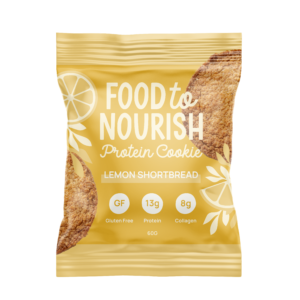
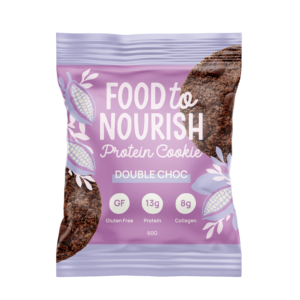
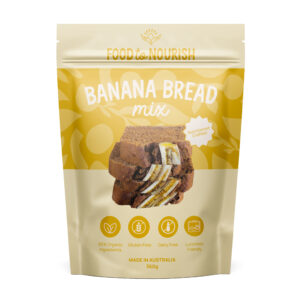
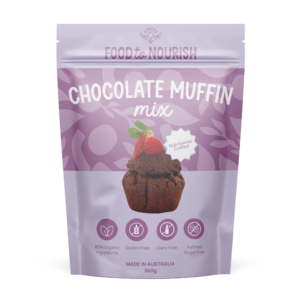
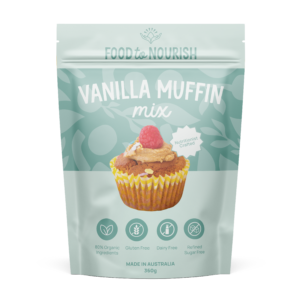

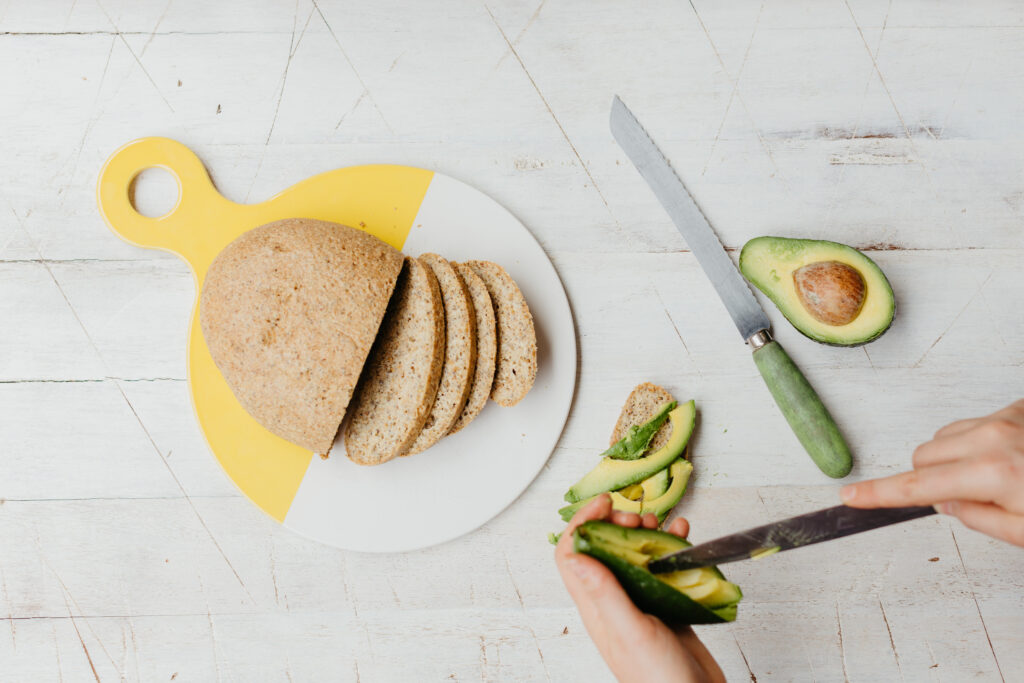



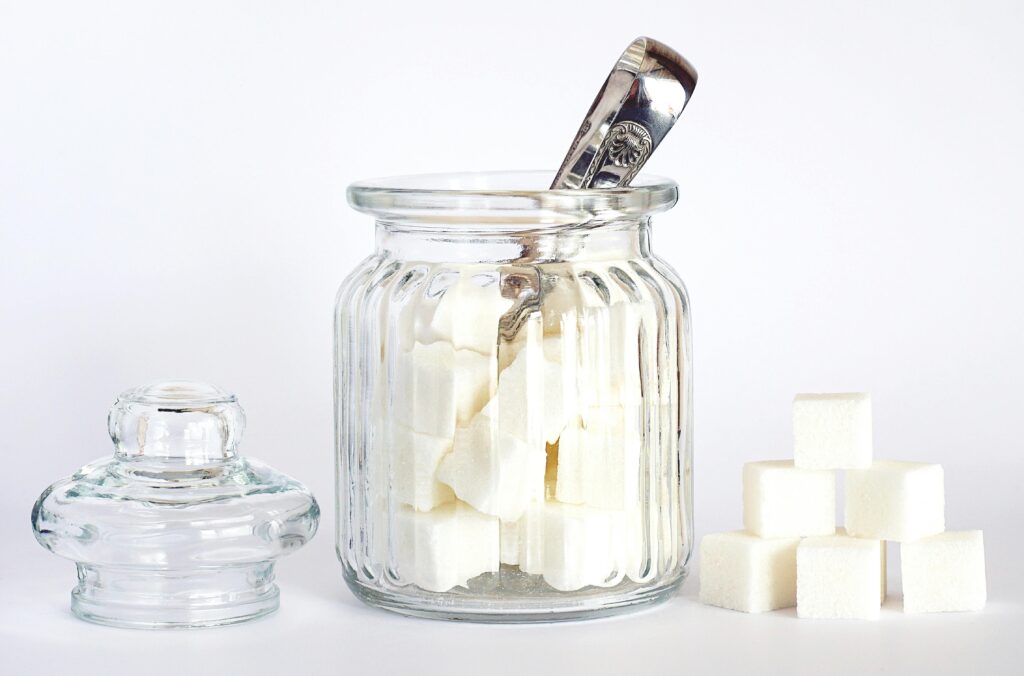

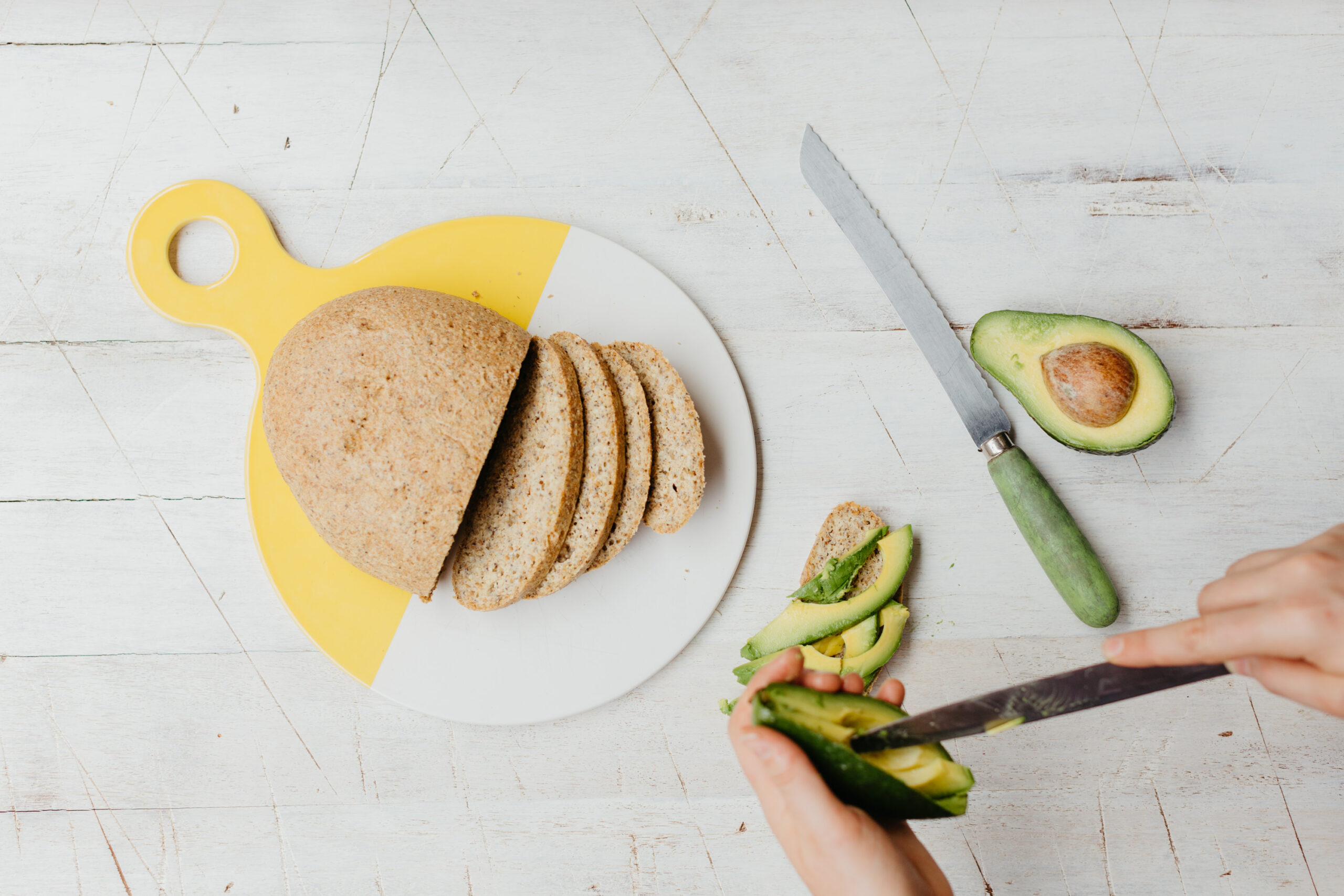

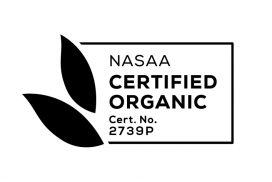
One Response
Thanks for your blog, nice to read. Do not stop.